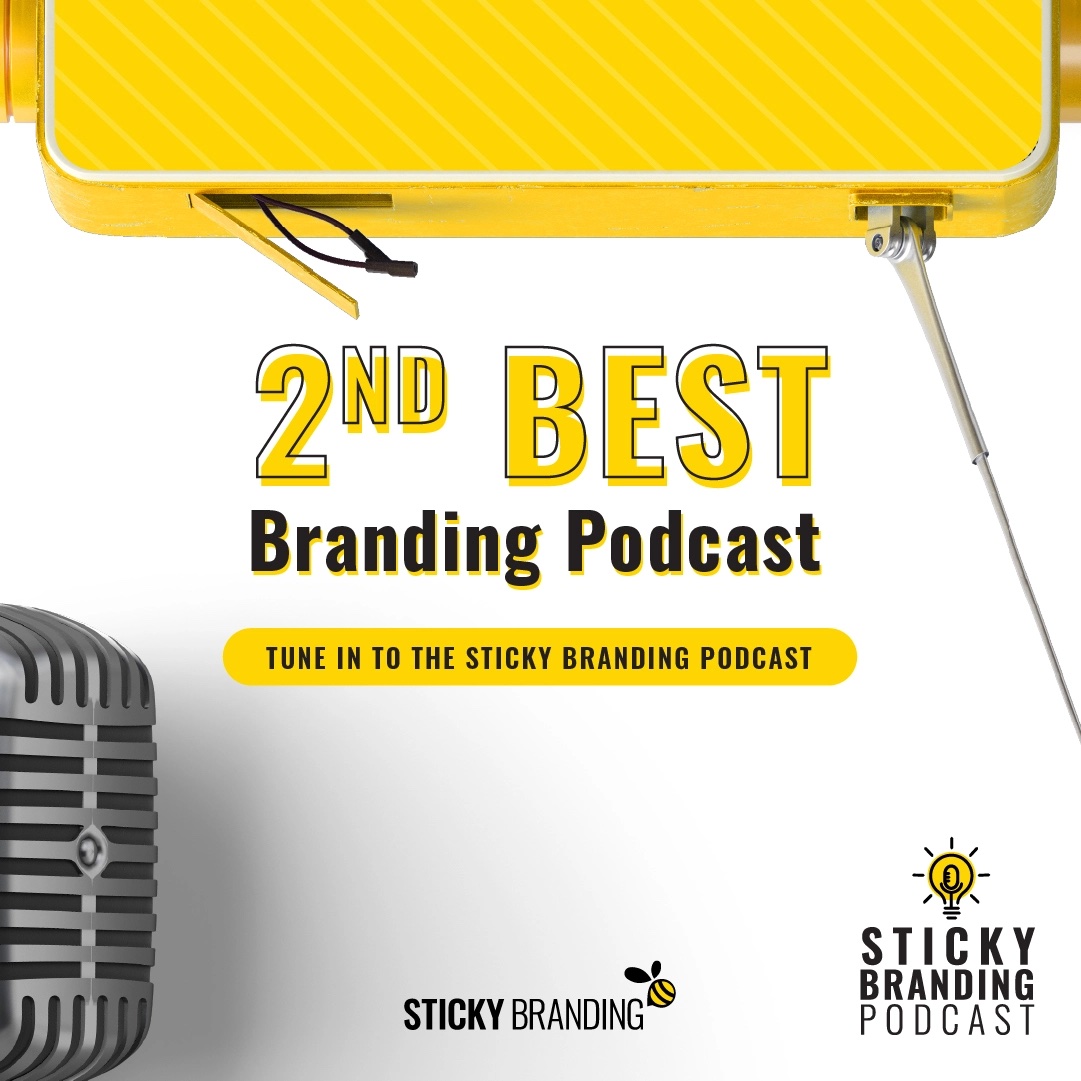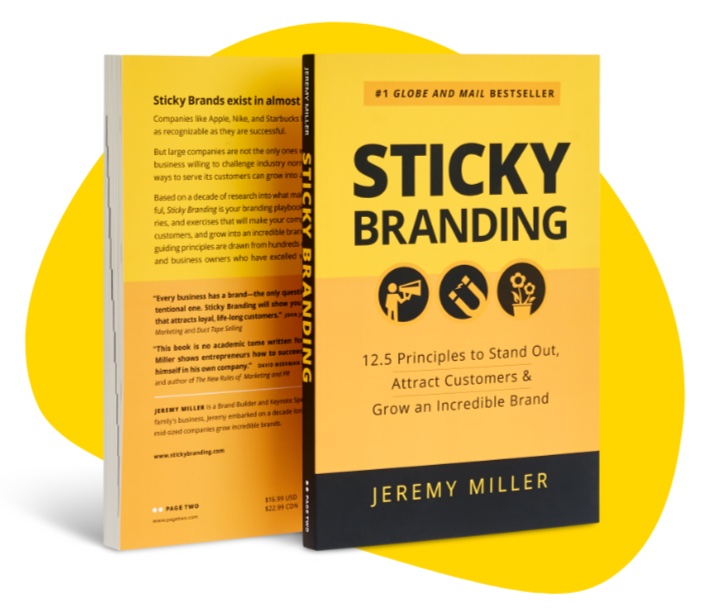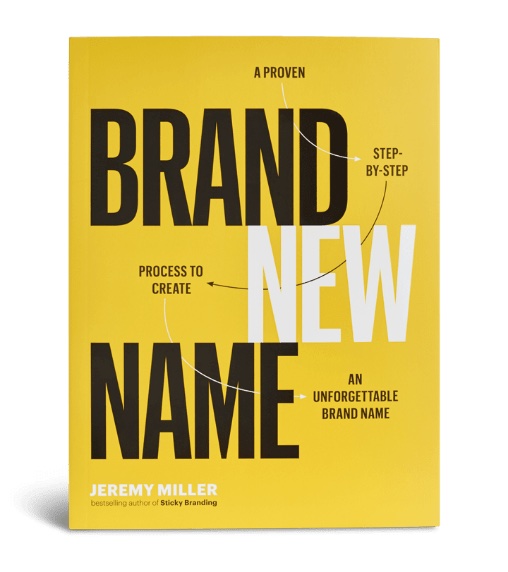People are professional services firms’ number one asset, and number one liability.
Professional services is a people business. It’s the people that do the work, build the relationships and deliver value. It’s the people that drive the business.
The challenge comes in how the people—specifically the Partners of the firm—work together.
Weak compensation plans stunt marketing
The biggest obstacle to creating a unified brand for a professional services firm is the Partner compensation plan.
Many mid-size firms operate like a collection of small businesses. Each Partner has their own clients, their own specialization and their own responsibilities. They may share the same company name, website and office resources, but that’s about it.
The comp plan is designed to pay for results, or ‘eat what you kill.’ The structure has benefits for autonomy and tracking individual performance, but it stifles collaboration. And that lack of collaboration creates a host of marketing challenges:
- Firm positioning: which practice(s) take priority?
- Marketing budgets: who pays for what, and why should Partners with stable practices pay for marketing efforts that won’t directly benefit them?
- Inbound marketing: how are territories and practices aligned, and who benefits from inbound inquiries?
‘Eat what you kill’ fractures brands
The most obvious issue of an ‘eat what you kill’ plan occurs with the branding and positioning of the firm. It creates a Google problem.
If each practice is given equal attention on the website, the search positioning and optimization of the site is greatly diminished. For example a mid-size law firm could have 20 Partners and 20 practices. If everyone is treated equally, how are you going to describe the firm and what makes it unique on the homepage?
Many firms try to skirt the issue by creating brand positions based on their size and location. “We’re a mid-size law firm in North York.” Or, “We’re a downtown law firm.” Or, “We’re Canada’s largest law firm.”
These are weak positioning statements. Size and location do not demonstrate expertise.
What truly makes you unique? What skills and abilities do you offer that clients can’t get elsewhere? How do you organize and develop your people so they deliver exceptional value? These are the critical issues.
Act like a business, not individuals
The ‘eat what you kill’ management style made sense in the pre-Internet age, but it’s becoming a liability.
Firms have to move beyond limiting compensation structures to compete and grow remarkable brands in the Social Era. Clients want more than individuals with specific skills in specific locations. They want to work with a firm—a business—that delivers exceptional value.





